The Secretary General of NATO, Jens Stoltenberg, cut the red ribbon to a center for quantum technologies, the Deep Tech Lab – Quantum, in Copenhagen. The Secretary General was joined by the Danish Minister of Defence, the Minister of Industry, Business and Financial Affairs and the Minister of Higher Education and Science.
Quantum is a highly prioritized area, and Denmark will now be spearheading the development of quantum technologies in the alliance by supporting innovators with testing facilities and guidance on developing innovative ideas and quantum-enabled solutions.
“NATO has always been at the forefront of technological innovation, especially in the defence sector. This matters, because our security depends on our ability to innovate. Today, our technological edge is aggressively challenged, so we need to do more to sharpen it. NATO’s Defence Innovation Accelerator for the North Atlantic brings together innovators across all sectors to work on technologies that can help solve security problems. This is about being prepared for disruption, and making sure we continue to lead innovation,” says the Secretary General of NATO, Jens Stoltenberg.
As NATO prepares for future threats, this will include a consideration of the areas of information warfare, cyberattacks and the protection of critical (and digital) infrastructure. That is why the ability to leverage and protect against emerging and disruptive technologies is crucial in the global competition between great powers.
“If you have intelligent drones, faster computers and systems that cannot be hacked, you have great advantages on the battlefield. We already see that in the war in Ukraine. Therefore, our future security depends on the ability to both develop and protect new technologies. I am proud that Denmark is in a position where we can support the development of quantum technologies in the alliance with the center we launched today”, says the Minister of Defence, Troels Lund Poulsen.
The new center is a part of the NATO DIANA (Defence Innovation Accelerator for the North Atlantic), which consists of test centers and accelerator sites across the Alliance. The initiative will support maintaining NATO’s technological edge and work in areas like artificial intelligence, quantum-enabled technologies and space technology.
”In Denmark, we are already at the forefront of innovation and development of new technologies, and quantum technologies are no exception. We are in the midst of great geopolitical tensions that makes it vital to protect and develop our positions of strength. With a new center for quantum technologies on Danish soil we can ensure our technological edge and reap great benefits for Danish businesses,” says the Minister of Industry, Business and Financial Affairs, Morten Bødskov.
DIANA will start by prioritizing to strengthen the development of emerging and disrupting technologies within the areas of energy resilience, secure information sharing and sensing and surveillance.
The Danish contribution to the DIANA is centered on quantum technologies, and consists of an accelerator site at the BioInnovation Institute Deep Tech Lab – Quantum, and four test centers anchored at the Niels Bohr Institute, Copenhagen University and supported by the Technical University of Denmark, the University of Aarhus and the Danish National Metrology Institute.
”NATO choosing to place a center for quantum technologies in Denmark is a great recognition of Danish research. This will give us a unique opportunity to attract some of the world’s leading scientists and most innovative start-ups and bring quantum technology research into practice in our society. It is a cementation of Denmark’s strong position in this area in which the government has allocated more than one billion Danish kroner the coming years under the auspices of our national quantum strategy,” says the Minister of Higher Education and Science, Christina Egelund.
Facts
The Danish quantum center consists of two elements:
- An accelerator, that facilitates an educational – mentor course over the duration of 6 – 12 months. The course will teach the companies to navigate in both the commercial and the defence markets as well as mature their solutions. Furthermore, the program may include workshops about business development and counselling about patents.
- A test center and a fabrication unit, that contains physical laboratories and testing facilities, where new and innovative ideas can be developed and tested. This can include the development and testing of physical components for quantum sensors, quantum encryption devices and quantum computers.



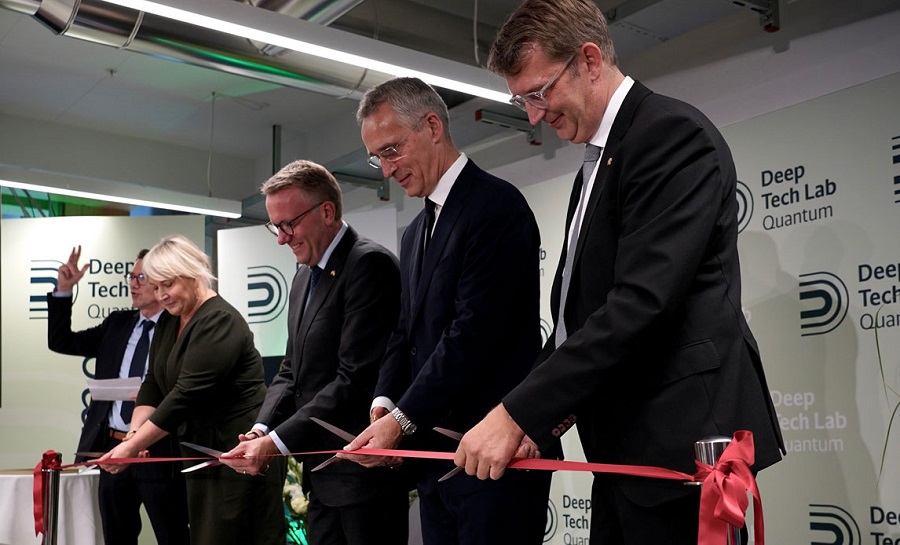




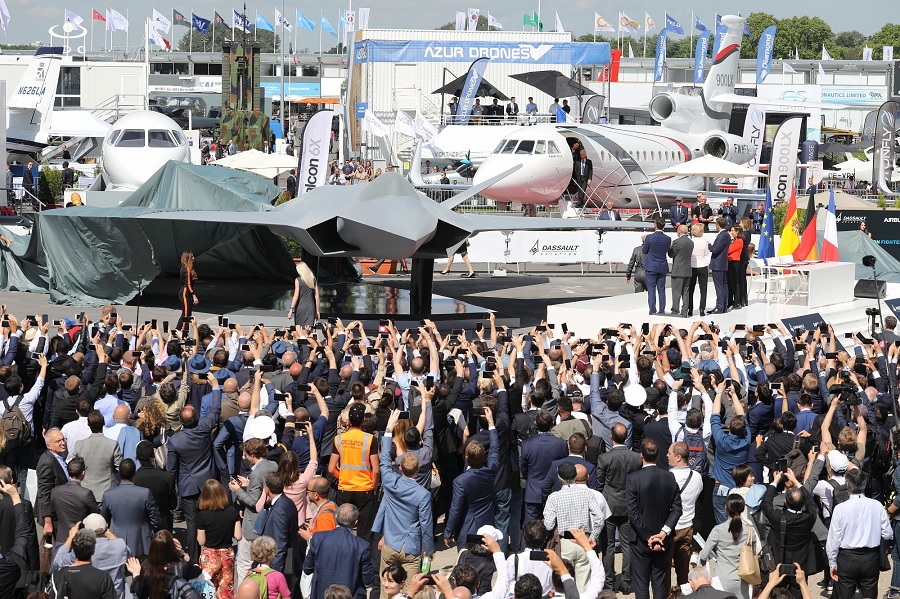



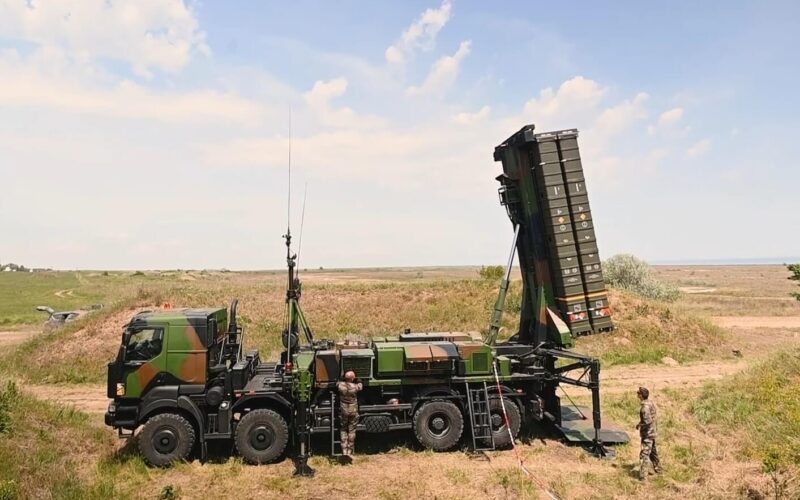

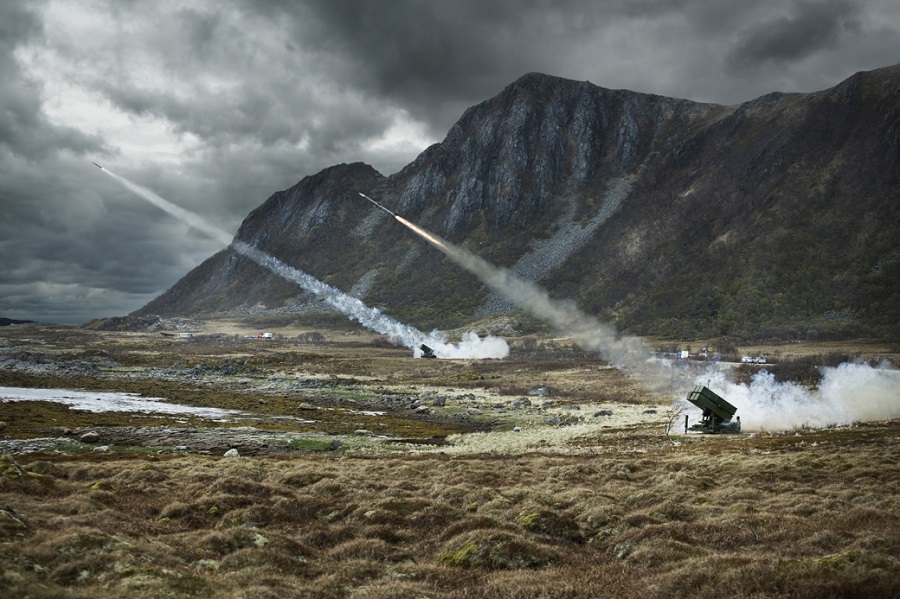


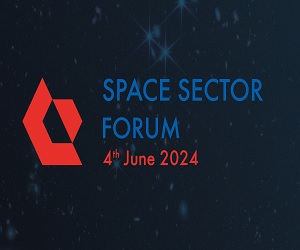

![NATO to consider increasing, stabilising support for Ukraine [BRIEF]](https://defence-industry.eu/wp-content/uploads/2023/12/Diehl-Defence-EUR-600-million-order-for-IRIS-T-SLM-air-defence-system.jpg)







